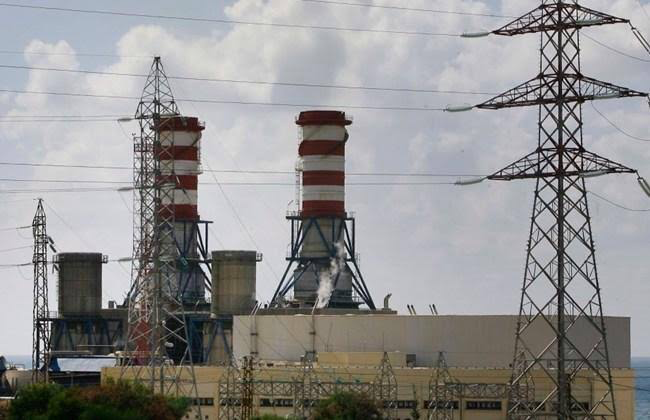Algeria has agreed to supply Lebanon with fuel for its power stations, stepping in to address a severe energy crisis that has left the entire country without electricity. This emergency aid comes after Lebanon’s state electricity company, Electricité du Liban (EDL), announced a nationwide power outage, including at critical facilities such as the Beirut airport.
The Algerian state radio confirmed the decision on Sunday, stating that fuel deliveries would begin immediately. However, the announcement did not provide specific details on the quantity of fuel to be supplied or the duration of the assistance.
Lebanon’s Energy Crisis Deepens
Lebanon has struggled with chronic power shortages since the 1990s, relying heavily on costly fuel imports to keep its aging power stations running. The country’s power grid is notoriously unreliable, and the government’s failure to implement sustainable energy policies has only exacerbated the problem. Cash transfers to EDL to cover its extensive losses have added tens of billions of dollars to Lebanon’s already staggering public debt.
On Saturday, EDL warned that its fuel supplies were nearly exhausted, leading to the shutdown of power stations across the nation. The company indicated that electricity could only be gradually restored once new fuel shipments were secured, either through an existing swap agreement with Iraq or alternative sources. Algeria’s decision to provide immediate fuel supplies appears to be a critical lifeline in this ongoing crisis.
Algeria’s Timely Intervention
Algeria’s decision to step in comes at a crucial moment for Lebanon, where the energy crisis has had widespread repercussions. The complete blackout not only affected homes and businesses but also critical infrastructure, threatening to destabilize an already fragile state.
While the details of Algeria’s fuel shipments remain unclear, the immediate resumption of power in Lebanon will likely depend on the speed and efficiency of these deliveries. The situation underscores the importance of regional cooperation in addressing such crises, as Lebanon’s energy woes continue to threaten both its economy and public services.
Although Algeria’s intervention offers temporary relief, Lebanon’s energy sector remains in dire need of long-term solutions. The country’s reliance on external fuel supplies, coupled with a lack of investment in renewable energy and infrastructure, means that power outages are likely to persist unless substantial reforms are undertaken.
International aid and regional partnerships will continue to play a vital role in stabilizing Lebanon’s energy supply. However, without structural changes and effective governance, the cycle of energy crises and economic instability will likely continue.
The energy crisis in Lebanon serves as a reminder of the broader challenges facing the Middle East, where many countries are grappling with the complexities of energy security and economic resilience in the face of growing demand and political instability.
Source: Reuters



